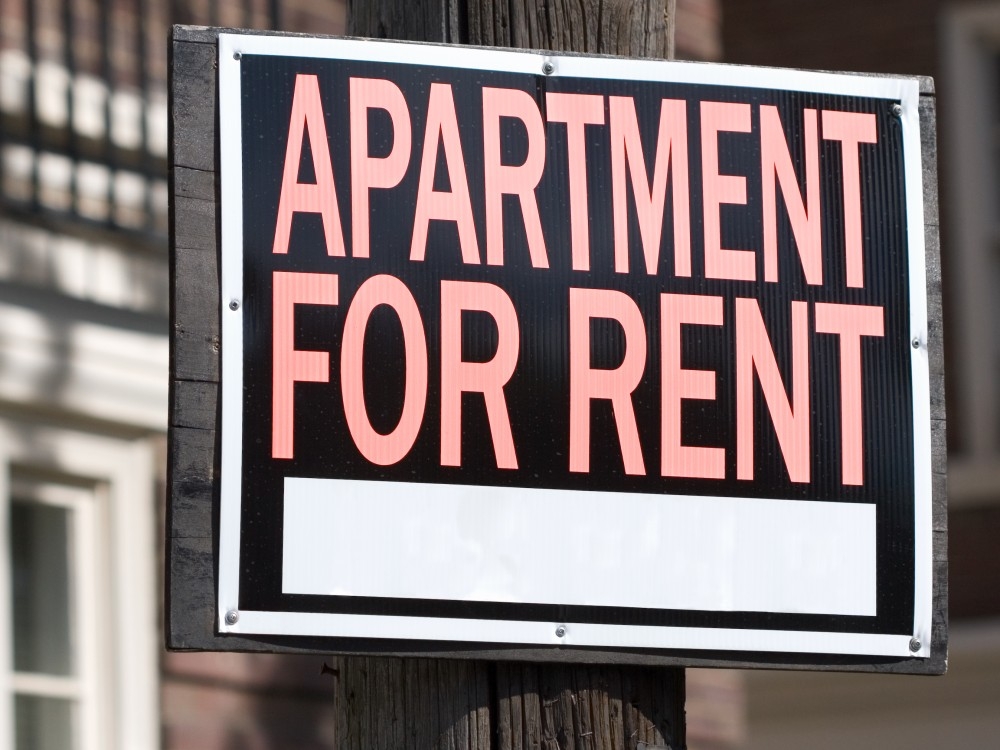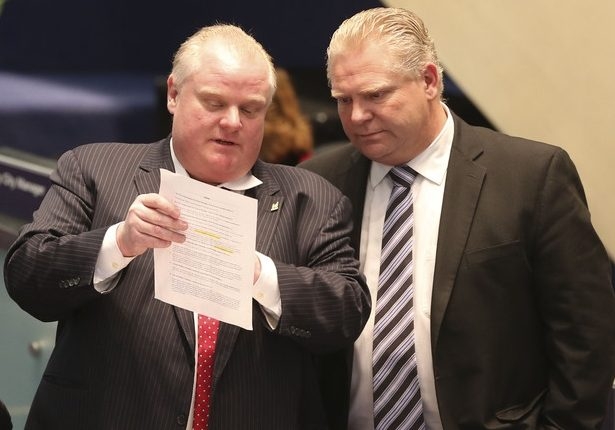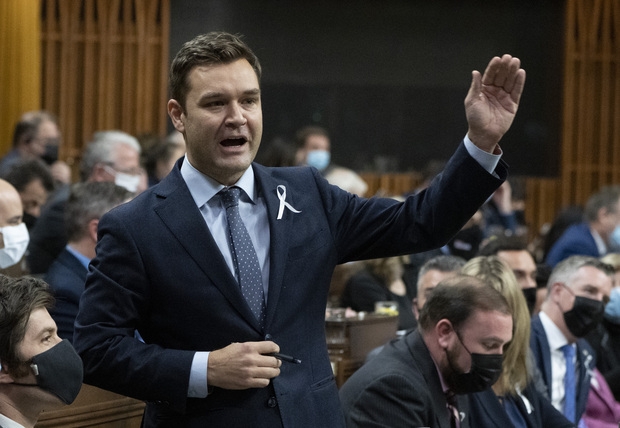A storm is brewing in Ontario’s rental market, as a proposed overhaul of the eviction system faces fierce opposition from tenant advocates. The government argues swift action is needed to address a housing crisis and economic pressures, but critics warn the changes will dramatically shift the balance of power towards landlords.
Bill 60, officially titled “Fighting Delays, Building Faster Act,” aims to expedite resolutions at the Landlord and Tenant Board and reduce what the government calls “red tape.” Officials claim this will accelerate housing development and bolster the province’s economy, particularly amidst ongoing global trade uncertainties.
However, tenant rights groups see a far more troubling picture. They contend the bill weakens protections for renters, making it significantly easier for landlords to initiate and succeed with evictions. The speed with which the government is pushing the legislation through raises serious concerns about transparency and fairness.

The government has bypassed the usual Standing Committee process, fast-tracking Bill 60 directly to third reading. This decision has ignited accusations of an “outrageous abuse of power,” with advocates arguing it’s a deliberate attempt to silence the voices of renters.
Lindsay Blackwell, an organizer with No Demovictions, points to a stark imbalance in the conversation surrounding the bill. While landlord lobbyists were quick to offer supportive statements, the concerns of the nearly one-third of Ontarians who rent their homes have been largely ignored.
The skipping of Committee review is particularly alarming, as it eliminates a crucial opportunity for public scrutiny and debate. Critics argue this demonstrates a profound disregard for municipalities grappling with homelessness and for the individuals whose lives will be directly impacted by the law.
No Demovictions argues that the bill, while ostensibly aimed at addressing “problematic tenants,” actually equips large landlords with the tools to label tenants as such simply for asserting their rights or resisting profit-driven development. This could lead to widespread displacement and instability.
The group is now appealing to higher authorities – the Lieutenant Governor of Ontario, the Governor General of Canada, and even Prime Minister Mark Carney – seeking intervention. They are demanding a suspension of the third reading and a commitment to meaningful consultations with tenant advocates, municipalities, and housing service providers.
At its core, this dispute isn’t just about legal procedures; it’s about the fundamental right to safe, secure, and affordable housing. The outcome of Bill 60 will determine whether Ontario prioritizes the needs of its renters or the profits of its landlords.





